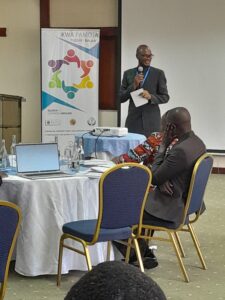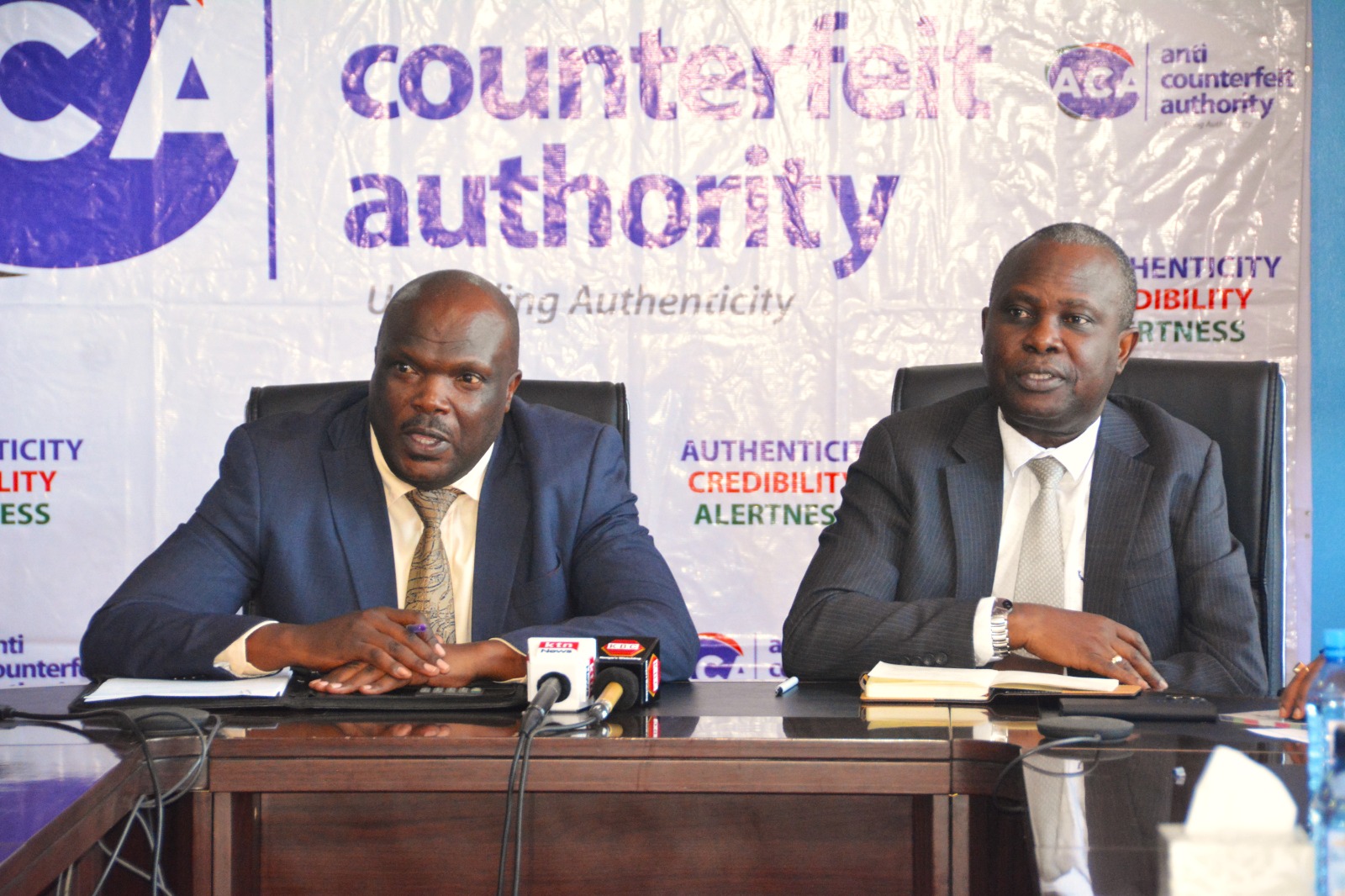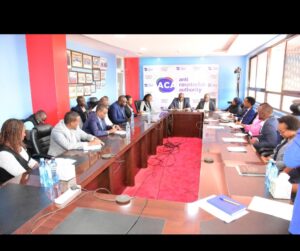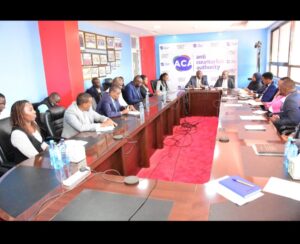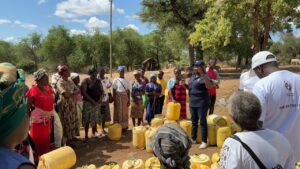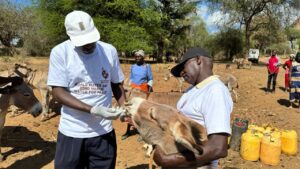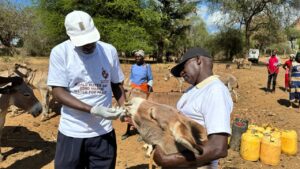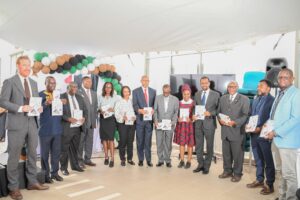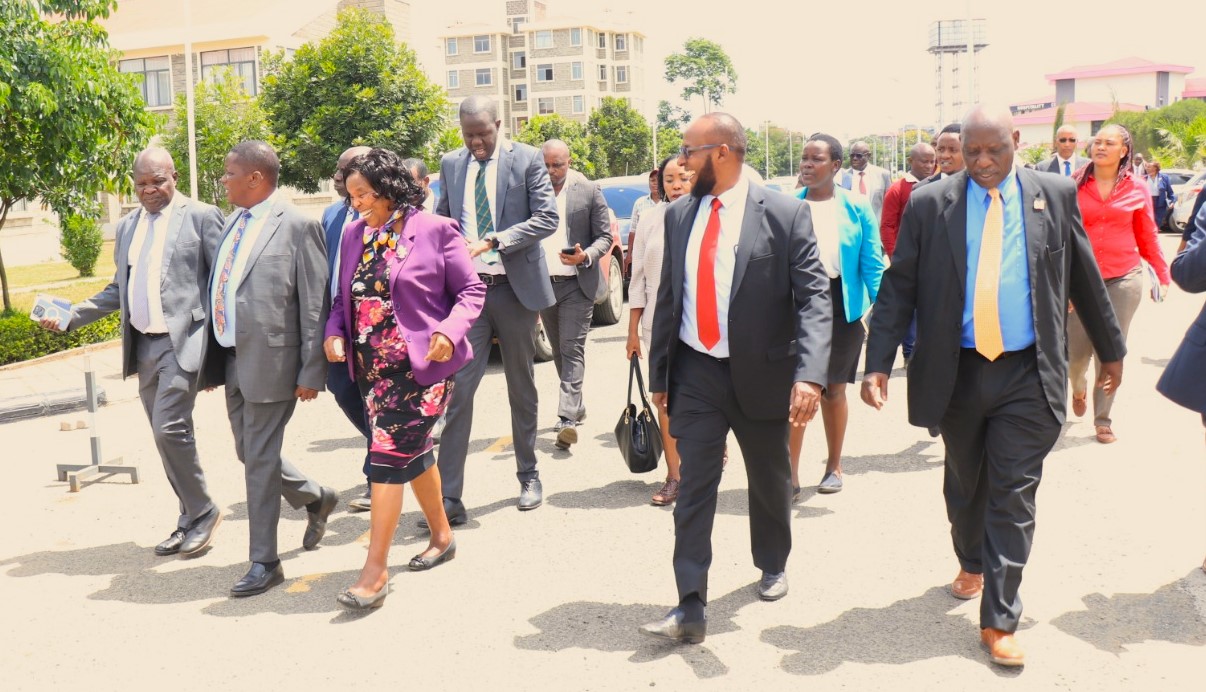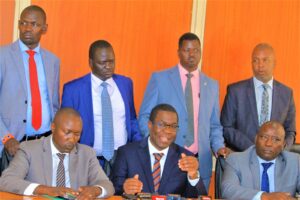
The Electricity Sector Association of Kenya (ESAK) has highlited the need to include captive power installations in Kenya to help achieve the 100 percent clean energy by 2030.
The Conference theme ” accelerating C & I installations for sustainability” which is also in line with the country’s push for 100 percent renewable energy.
“C & I is a key enabler of sustainability. We see more uptake of C & I installations not only being beneficial to the grid but also useful to customers looking to manage costs, maintain a green manufacturing portfolio and ensure energy security .” Said Eddy Njoroge, Chairperson ESAK.
EPRA are working on the wheeling regulations and net metering regulations which will allow for more consumer control of electricity production.
There has been an uprising installations of captive power of meaning , that consumers are installing their own power generation facilities. These consumers normally already have a connection to the grid, via a KPLC line. Large and Medium sized consumers like factories, lodges and shopping malls are choosing to go solar. These installations were initially motivated by the enforcement of energy management rules by EPRA in the last 14 years.
“Today the drive is not only energy efficiency but also energy security , improving power quality and responding to environmental targets. Captive systems offer supply where the grid has not reached allowing establishments to access the services of electricity in an environmentally responsible manner.” Said George Aluru ESAK CEO.
The opening up of captive power plant market also allows for the absorption of foreign direct investment in the country and savings on public finance of electricity infrastructure, that will lead to better economic outcomes for the country. Jobs will be created, investment will be absorbed, efficiency will be improved, and new service companies established to support these installations.
“The anticipated 1GW of C&I installations by 2030 would equate to a total of USD1bn worth of investments in the country.”, noted Mr.Aluru.
In addition, As at 2023, C&I installations in Kenya were estimated at 439MW and is projected to reach 1GW by 2030. The growth in C&I installations is highly attributed to companies need to go green and cut on their carbon print, need for energy security and cheaper as well efficiency for industries.
In Kenya, the C&I energy mix comprises of solar PV, small hydro, bioenergy as well geothermal.

